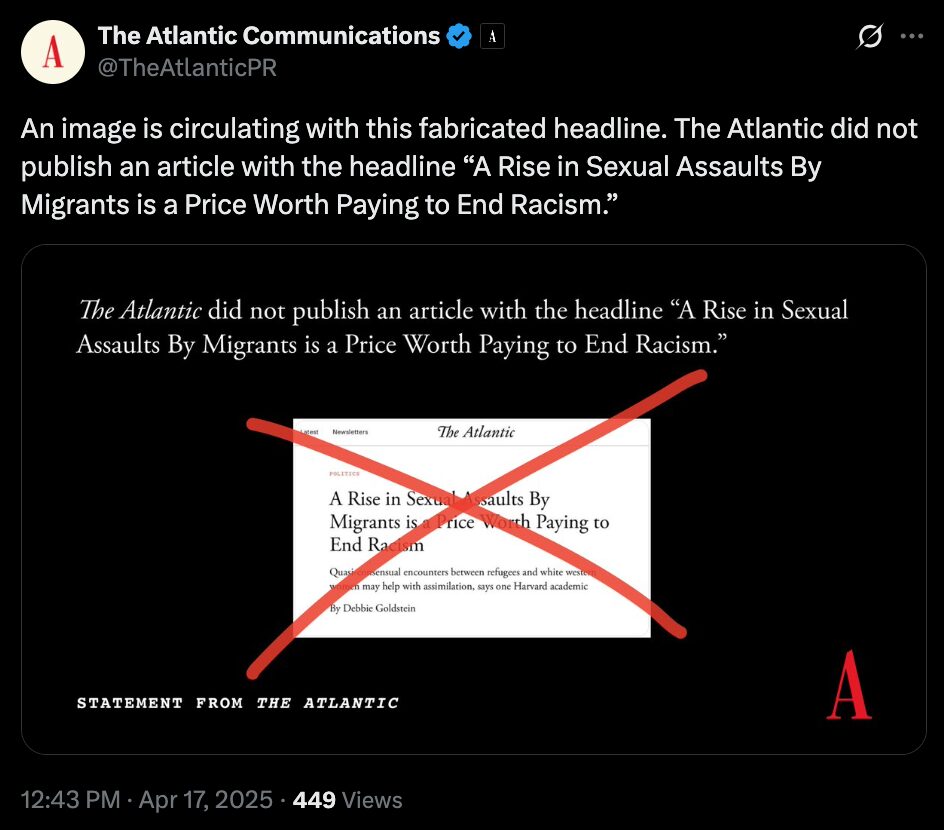Decrypting Ontological Misconceptions In Modern Libertarian Theory
The libertarian hypocrisy on cryptocurrency is an important distinction to recognize. Libertarianism has long revolved around the idea of individual liberty, free markets, and skepticism of centralized power. Figures like Murray Rothbard, Milton Friedman, and others have become icons of the movement, shaping debates around money, markets, and governance throughout the 20th century. However, modern libertarians often revere these thinkers without critically engaging with their ideas—or the real-world implications of those ideas.
One glaring example of this intellectual disconnect is the modern libertarian obsession with cryptocurrency, often hailed as the future of money and a tool for dismantling central banking. Yet cryptocurrency contradicts many of the core principles laid out by thinkers like Rothbard, particularly his insistence on sound money backed by tangible commodities like gold.

While I am not advocating for a return to Rothbard’s principles, even those who embrace his ideology must contend with the uncomfortable fact that cryptocurrencies fail to fulfill his vision. If libertarians are serious about promoting economic liberty, they must confront the hypocrisy of championing cryptocurrency as a solution while ignoring the inherent contradictions it presents.
The Problem with Revering 20th-Century Thinkers Without Scrutiny



The libertarian movement has inherited its framework from influential figures like Rothbard and Friedman. While their contributions to debates about money and markets are significant, the uncritical obsession with their ideas often leads to misunderstandings and oversimplifications.
A. The Role of the Central Bank
- Debates around central banking, for example, are frequently reduced to calls for its abolition, as if eliminating the Federal Reserve would automatically solve inflation, stabilize markets, and restore liberty.
- The truth is more complicated: central banks play roles in managing liquidity, responding to economic crises, and stabilizing financial systems.
- Rothbard’s vision of abolishing central banks and returning to the gold standard may be internally consistent within his anarcho-capitalist framework, but it remains highly idealistic and largely untested in modern economies.
B. Cryptocurrency as an Oversimplified Solution
Many libertarians who advocate for cryptocurrency as a replacement for central banking, therefore, fail to fully grasp its limitations. Furthermore, they overlook the historical lessons that Rothbard and others tried to articulate.Many libertarians advocate for cryptocurrency as a replacement for central banking. However, they fail to grasp its limitations. Additionally, they ignore the historical lessons that Rothbard and others tried to articulate.
- Cryptocurrencies do not address the fundamental issues Rothbard critiqued about fiat money, such as its lack of intrinsic value and susceptibility to manipulation.
Rothbard’s Sound Money and the Gold Standard

Murray Rothbard’s arguments for sound money were, therefore, central to his vision of anarcho-capitalism. He firmly believed that money must be grounded in tangible, real-world value in order to maintain stability, prevent inflation, and protect individual liberty.
1. Why Rothbard Advocated for the Gold Standard
- Intrinsic Value: Gold and other commodities have value beyond their use as currency, ensuring trust and stability.
Fiat money is backed by government decree. Cryptocurrency is backed by code. Gold, however, has inherent utility. It cannot be inflated or erased. - Historical Stability: Rothbard pointed to centuries of successful use of gold-backed currencies as evidence that a commodity standard provides long-term stability.
- Anti-Inflation: By tying the money supply to a finite commodity, the gold standard prevents governments from printing money arbitrarily, curbing inflation and safeguarding wealth.
Rothbard viewed the gold standard as a foundation for economic liberty, offering a stable, market-driven alternative to fiat currencies and central banks.
Cryptocurrency Contradicts Rothbard’s Vision

Despite their claims to align with libertarian ideals, cryptocurrencies fundamentally contradict Rothbard’s principles for sound money. Modern libertarians who champion Bitcoin and similar assets are often blind to these contradictions.
1. No Intrinsic Value
- Gold and other commodities derive value from their physical properties and real-world uses. Cryptocurrencies, by contrast, are digital constructs created by software code.
- For Rothbard, intrinsic value was essential to trust and stability in a monetary system. Cryptocurrency fails this test.
2. Volatility and Speculation
- Cryptocurrencies are notoriously volatile, with values fluctuating wildly based on speculative trading.
- This volatility makes cryptocurrencies unsuitable as a store of value or medium of exchange—two essential qualities of money under Rothbard’s framework.
3. Artificial Scarcity
- While Bitcoin’s code imposes limits on its supply, this is a form of artificial scarcity that lacks the natural trustworthiness of commodities like gold or silver.
4. The Fiat Paradox
- Cryptocurrencies share many traits with fiat money, including their reliance on perception and consensus rather than tangible value.
- For libertarians who consistently critique fiat money as a tool of government control, embracing cryptocurrency as an alternative is, therefore, deeply hypocritical.
The Libertarian Obsession With Romanticized Anarchism

One reason libertarians embrace cryptocurrency despite its contradictions is their fixation on anti-government rhetoric over practical solutions. Many libertarians prioritize decentralization and abstract ideals of “anarchism” over the real-world complexities of monetary policy and financial stability.
A. Ignoring Practical Solutions
The libertarian focus on cryptocurrency, therefore, clearly reflects a shift from economics to ideology. As a result, it prioritizes romanticized concepts of “freedom” instead of focusing on practical and sustainable financial systems.
- This shift is why libertarians often reject even modest reforms to central banking or taxation systems, opting instead for all-or-nothing solutions that rarely work in practice.
B. A Missed Opportunity for Reform
- Libertarians who criticize fiat money and central banking but fail to advocate for commodity-backed systems (or similar reforms) are missing a critical opportunity to align their philosophy with practical action.
The Rothbardian Challenge of Physical Metals

Several US states actually recognize certain metals as legal tender. It is not a widely recognized concept, and some states like Florida are considering implementing this as well. It is clear that implementing this version of purely anarch-capitalist practice would be difficult. But, for libertarians, this is the basis for a solution to the problem.
A Rothbardian Perspective



- A return to commodity-backed trade would reflect the stability and trust Rothbard emphasized, unlike the speculative instability of cryptocurrency.
- While implementing such a system on a state level would face challenges, it represents a step toward reconnecting monetary systems with real-world value.
Resolving the Libertarian Hypocrisy On Cryptocurrency

Modern libertarians have strayed far from the principles of sound money articulated by Murray Rothbard. By embracing cryptocurrency, a speculative asset with no intrinsic value, they weaken the foundation of liberty and stability. This foundation was central to the vision Rothbard sought to protect.
I am not advocating for a return to Rothbard’s gold standard. However, libertarians who follow his philosophy must confront the hypocrisy of supporting cryptocurrency as a solution. Romanticized ideas like anarchism and decentralization may be appealing, but they ignore the complexities of monetary policy. However, libertarians who follow his philosophy must face the hypocrisy of supporting cryptocurrency as a solution. Ideas like anarchism and decentralization may seem appealing, but they ignore the real complexities of monetary policy.
If libertarians want to promote economic liberty, they need to move beyond slogans. They must focus on practical solutions. This could mean revisiting Rothbard’s ideas or advocating for reforms to central banking and financial markets. The future of liberty does not rely on ideological purity. It depends on thinking critically, acting pragmatically, and building systems that balance freedom with fairness.















